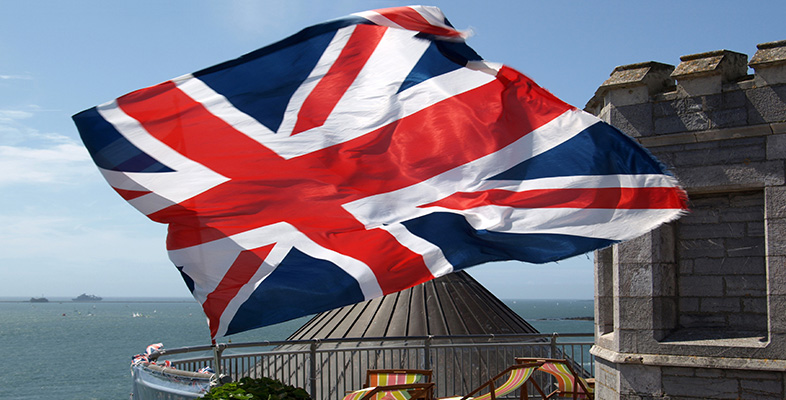6.5 Do our answers depend on who the groups are?
Finally, perhaps our intuition about how to deal democratically with country Y depends on who we think the As, Bs and Cs are. Consider three possibilities:
(i) A is the UK, B is Scotland, C is the Shetland Islands
(ii) A is the EU, B is the UK, C is Scotland
(iii) A is a world government, B is the EU, C is France.
Does your intuition about the rights of communities A, B and C shift from case to case? If so, is the shift due to a reflex to favour the sovereign, self-governing status of existing nation-states? Or is it because you favour decentralisation in principle, or because you are an advocate of ‘ever closer union’ in the EU, or indeed of world government? Perhaps exploring our intuition in this way tells us something about the uses and limits of political theory. We must be careful to examine the assumptions we bring to our analyses, and be sensitive to the assumptions of the theorists we read.
